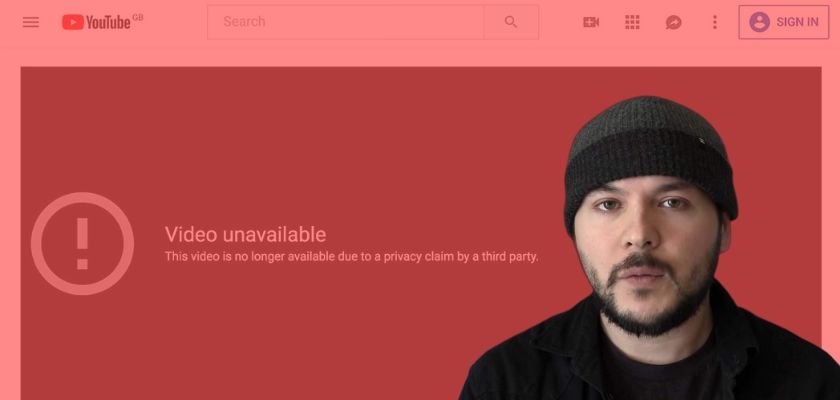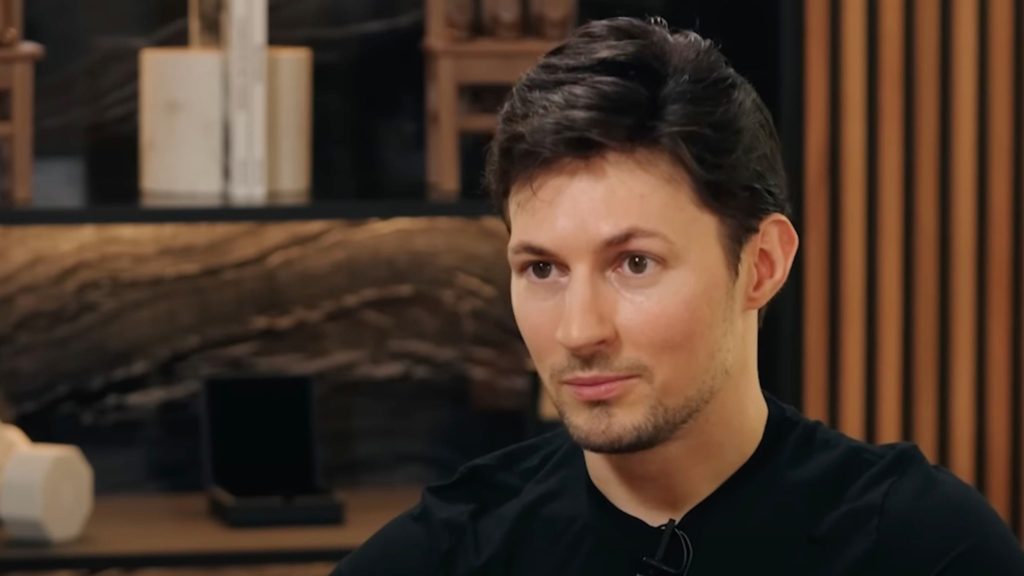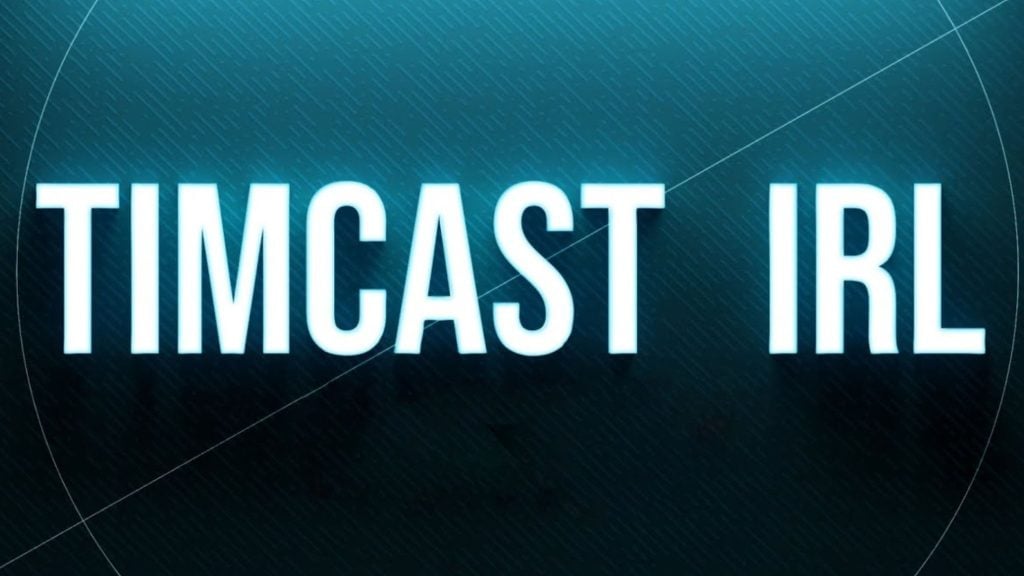Journalist and documentary filmmaker Tim Pool accused YouTube on Friday in a series of tweets of enforcing arbitrary censorship on its platform.
Click here to display content from Twitter.
Learn more in Twitter’s privacy policy.
In June, Pool’s video detailing a Project Veritas investigative report into the behind-the-scenes censoring and blacklisting at Pinterest was removed by YouTube.
At the time, the Project Veritas report itself saw the same fate on the Google-owned video behemoth, while also having posts related to the report removed by Twitter.
Pool’s video, looking into the way Pinterest reportedly discriminates against conservative, Christian, and pro-life content, was banned without much justification from YouTube – other than a notice put up that read the video was no longer available “due to a privacy claim by a third party.”
On Friday, Pool announced that YouTube’s investigation into his Pinterest story was over – and that the company essentially told him they were the sole arbiters of newsworthiness – once again pointing him in the direction of the platform’s privacy guidelines.
“YouTube asserts it can arbitrarily remove content if you reference anyone for any reason,” Pool wrote in one of his tweets.
He also expressed suspicion that Google was, with this decision, looking to shield other big tech companies and their employees rather than impose any rules protecting privacy.
It was thought back in June, as Reclaim the Net reported, that the excuse for taking down both Project Veritas and Pool’s videos were Slack message logs showing the names of Pinterest employees.
But in his tweet on Friday, Pool observed that the usual YouTube procedure in such cases would be to make videos private and instruct the creator to blur the contentious information – not delete content.
Pool also defended the decision to show the names as a “newsworthy” choice – and said Google was overstepping its role when imposing itself as the arbiter.
The journalist added that he learned about the possibility that the whole thing was personal – i.e., that somebody from Google was personal friends with one of the Pinterest employees whose name was revealed in the Project Veritas report.
For this reason, Pool suspects Google might be “actively suppressing the story to protect them.”
“This makes these women substantially more newsworthy in my opinion,” Pool tweeted.
He slammed Google as a near-monopoly controlling both markets and speech and censoring content at will and blamed a lack of proper competition for this situation.
If you're tired of censorship and dystopian threats against civil liberties, subscribe to Reclaim The Net.









